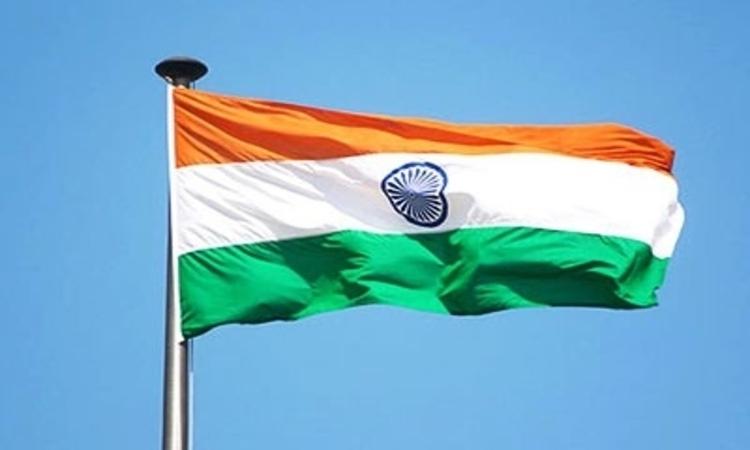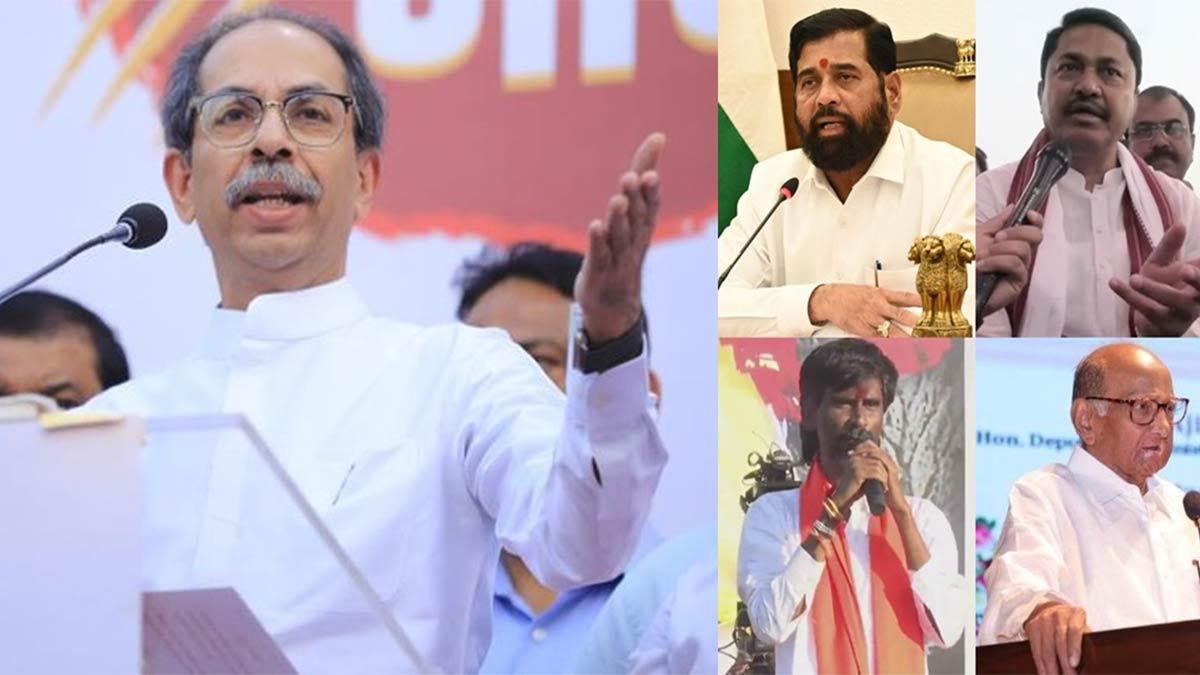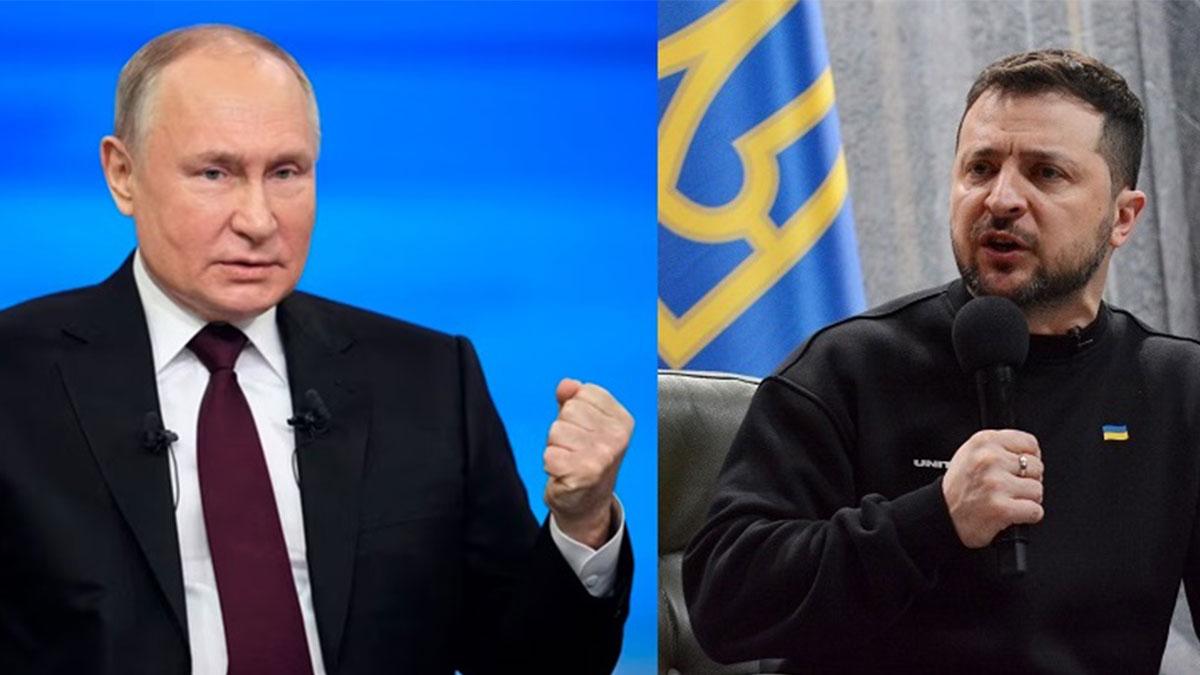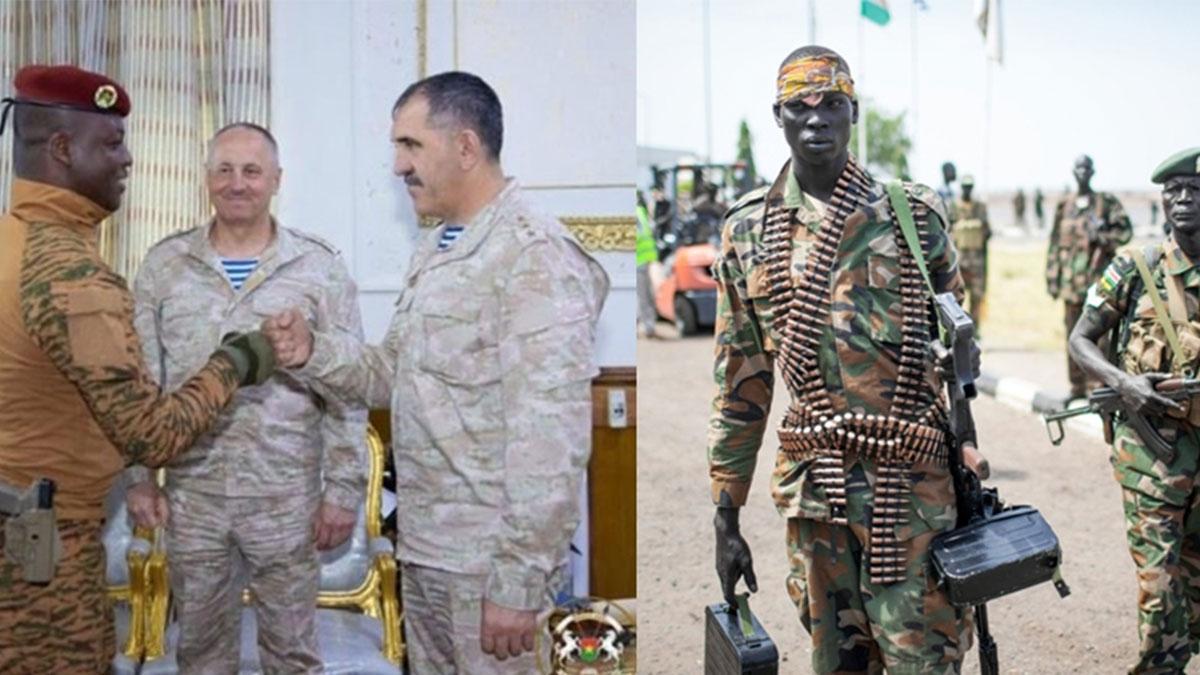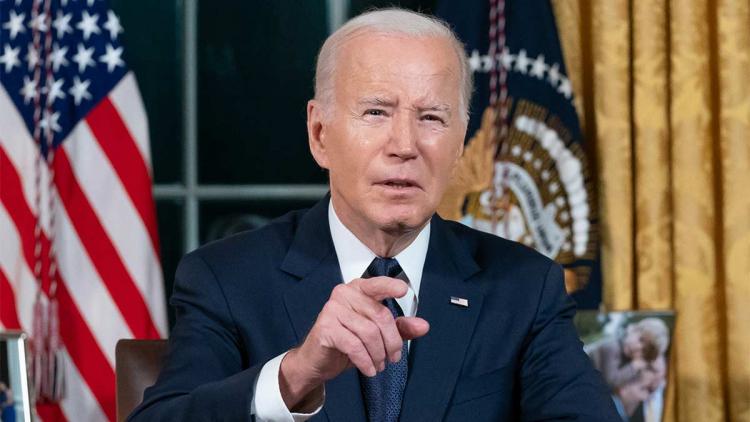The prolonged Ukraine- Russia conflict resulting in President Putin ordering military action against the neighbouring country, has to be seen in the backdrop of three paradigm shifts that affected the US- Russia relations after the advent of Biden Presidency.
The new US President reached out to NATO in a declared policy of reviving and banking on the strategic bonds with allies across the Atlantic whereas Donald Trump had de-emphasised EU, generally decried the tendency of the friendly countries to put the entire burden of security on America and welcomed Brexit as an event that enabled the UK to 'get back the country'.
Secondly, Biden on assuming office put both China and Russia on notice as authoritarian states and warned them against indulging in any acts of aggression. His predecessor President Trump did not seem to have any issues with Putin notwithstanding the fact that Russia was sitting pretty on annexation of Crimea from Ukraine since 2014. Under President Trump a policy of strategic adjustment with Russia seemed to be in place with America focusing on China as the principal rival and adversary.
Finally, the upswing in the activity of NATO to induct Ukraine into that military alliance, added to the economic and security concerns of President Putin who perhaps expected the world to recognise the need for him to ensure that the former Soviet states in its vicinity did not become hostile to Russia.
The ongoing tension between Ukraine -- that leaned towards Europe under President Zelenskyy -- and Russia that had already tasted success on Crimean issue, led Putin to first militarily move -- in a projected 'defensive' stand -- in Donetsk and Donbas in the eastern provinces of Ukraine predominantly inhabited by Russian speaking population, to counter the 'suppression' inflicted by Ukraine government. Putin talked of 'peacekeeping' in these areas and then -- as President Zelenskyy pursued the objective of securing NATO membership to strengthen his hands -- declared his intention of extending military operations to the mainland of Ukraine.
In what looked like a 'salami slicing' strategy -- China, a friend of Russia, has practised that in its own theatres of conflict -- Putin gave the impression of favouring the option of a satisfactory mediation in the midst of Russian military offensive in Ukraine. He had watched the US and its European allies threatening to put severe economic sanctions to get Russia to keep its hands off Ukraine -- these warnings did not unduly unsettle an astute observer of the current geopolitics like Putin who sensed that there was little likelihood of US sending its soldiers to Ukraine so soon after the messy withdrawal of American troops from Afghanistan and that the international community itself was against any 'war'.
Also Read | FB limits access to Russian state-controlled media in Ukraine
Putin must have assessed that he could extend military operations to the mainland of Ukraine to take swift control of Kyiv and achieve the objective of bringing about a regime change before withdrawing from there. The pattern of Russian intervention suggested targeting Ukraine's military assets to weaken Zelenskyy-Putin however, might be underestimating the Ukrainian will to resist the Russian onslaught. The armed conflict was getting protracted and its outcome was still unclear particularly after the move of US and its NATO allies to rush arms to Ukraine -- no commitment of boots on the ground had been made yet.
India has done well to espouse a peaceful resolution of the Ukraine-Russia conflict -- giving due importance to its friendship with both the US and Russia.
Russia's open military intervention in Ukraine at the end of many days of bitter exchange of threats and counter threats, did not come as a surprise since Putin had made it clear that he would not tolerate a regime next door that was keen on joining NATO.
The international opinion should have worked for Ukraine- Russia friendship that protected the sovereignty of Ukraine and at the same time addressed security concerns of Russia. Putin did not give the impression of not wanting an agreement of that nature. There was therefore a case for mediation on these lines provided Russia put an immediate stop to its military action.
It is extremely important for India to see that Ukraine's independence was fully preserved as this was the raison d'etre for the US and India leading the cause of the democratic world against the axis of dictatorial and fundamentalist forces symbolised by the Sino- Pak military alliance.
Prime Minister Modi who emerged as the only world leader whose intervention was sought by both sides, spoke to President Putin precisely in this light and called for immediate stoppage of Russian military action and acceptance of talks for mutually resolving the issues and establishing peace.
Predictably, President Zelenskyy of Ukraine also reached out to Prime Minister Modi --after India had clarified that its abstention at the UNSC on this issue was meant to project its 'impartiality' towards both sides -- and received an assurance that India stood for immediate cessation of military action by Russia and start of a mediation process through talks in which India was willing to help. Meanwhile, reports indicated that President Biden was also inclined to have a talk with Indian Prime Minister on the Ukraine situation.
Prime Minister Modi stands tall in the world community and if India emerges as a key participant in evolving a formula for peace in the Ukraine- Russia conflict that would reaffirm the rise of India under Modi as a major influence on global issues of 'war' and peace. This remarkable appearance of India on the world scene as the counsel of sanity in the context of Ukraine- Russia military confrontation is attributable to Prime Minister Modi's approach of wisdom to international relations.
Also Read | After huge uproar, Nepal's parliament ratifies $500mn US aid
It rested on bilateral dealings based on mutuality of interests in economic and security spheres without prejudice to the cause of global peace, freedom from ideological tilts that compromised with the larger interests of humanity and a firm belief in the Indian philosophy of upholding the truth at home and abroad -- as a civilisational legacy of this country.
Whatever be the course of further developments in Ukraine, India should stand by a 3-point framework of a stable solution -- global acceptance of Ukraine as a sovereign nation outside of NATO, adoption of peace agreement by Ukraine with all its neighbours and maintenance of only a moderate army by Ukraine to go with a transparent withdrawal of Russian military presence from Ukraine.

